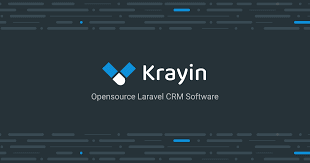CRM
Unlock the power of customer relationships with our cutting-edge CRM solution. Say goodbye to scattered customer data and missed opportunities. Our CRM software empowers your business with seamless contact management, sales automation, and insightful analytics. Elevate your customer engagement, boost sales, and drive growth. Experience the future of customer relationship management – contact us today to get started!
